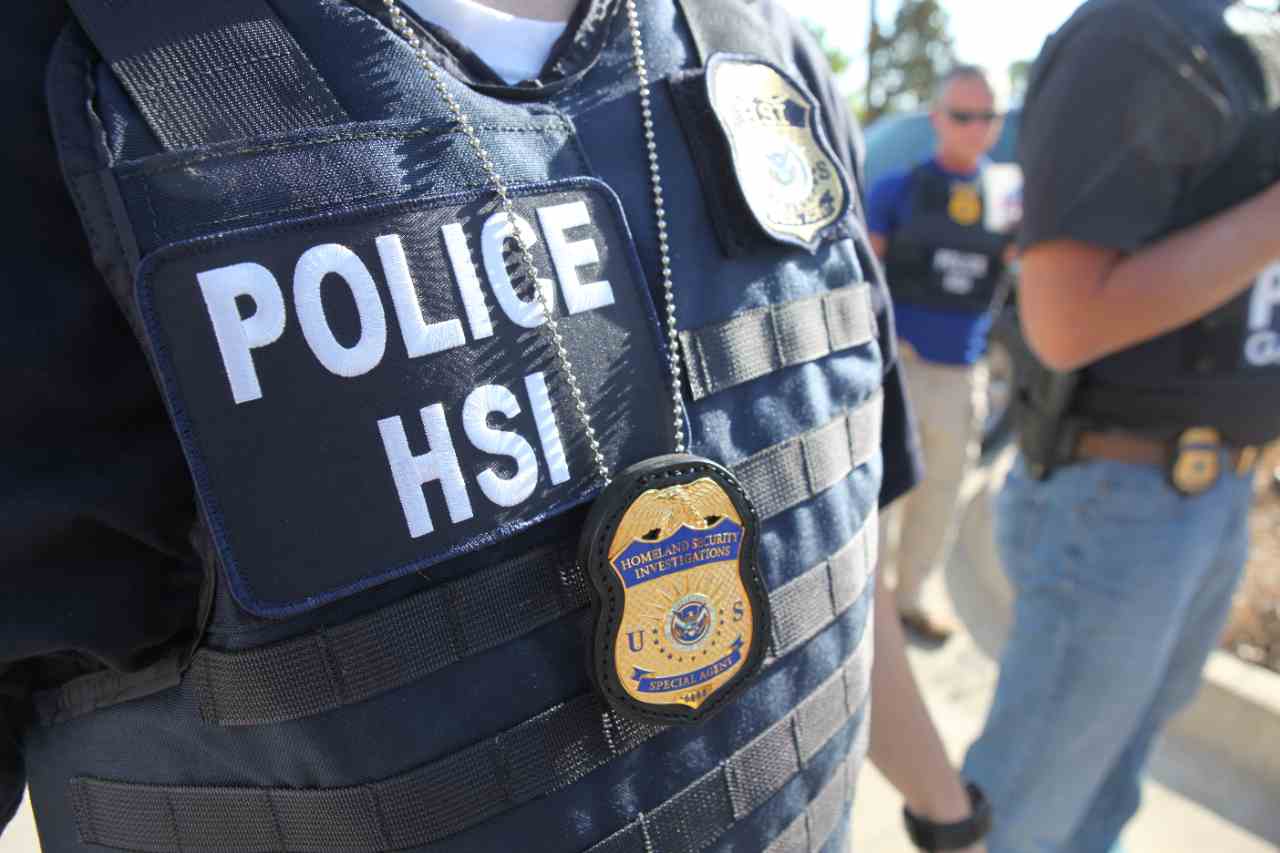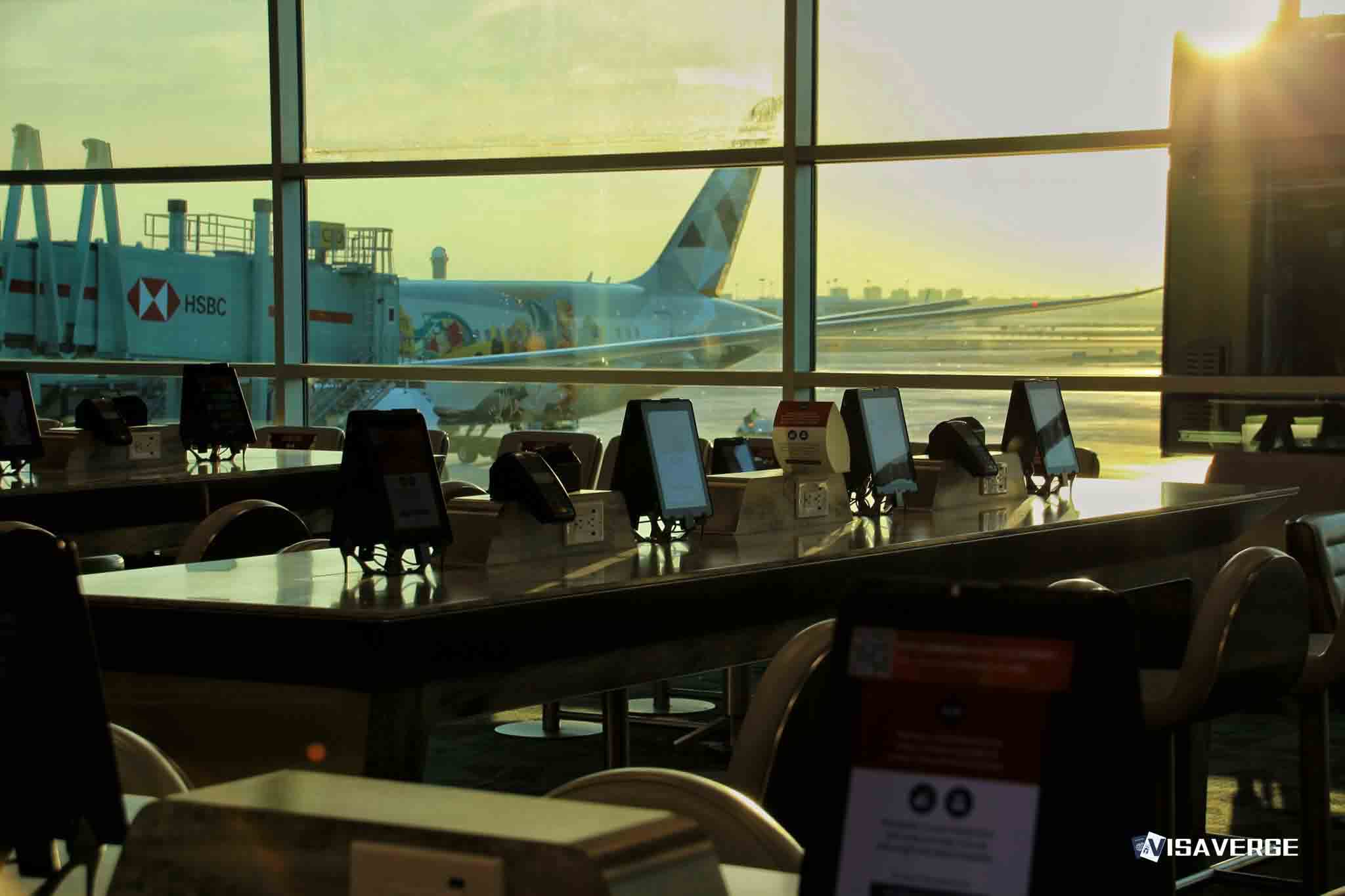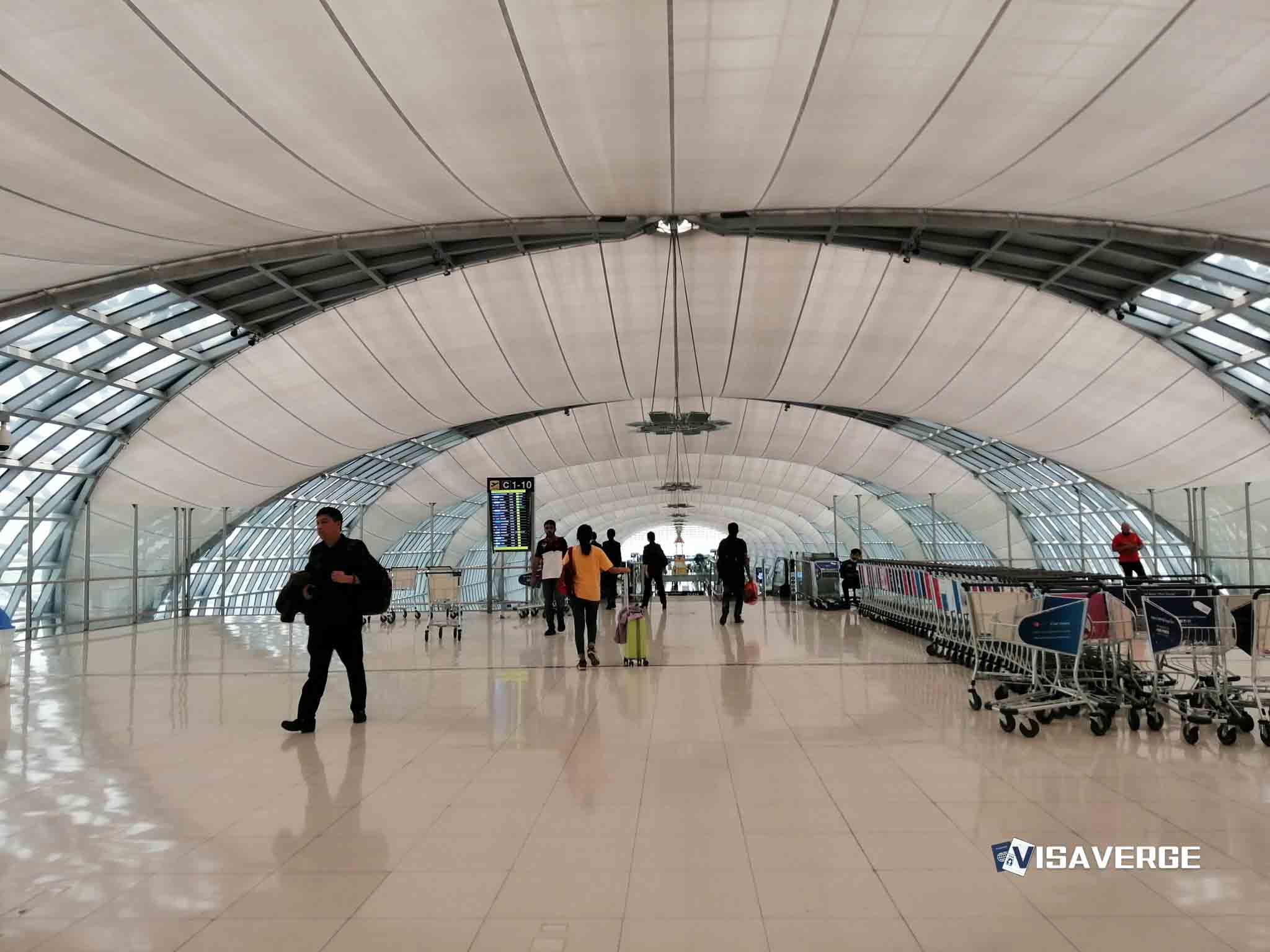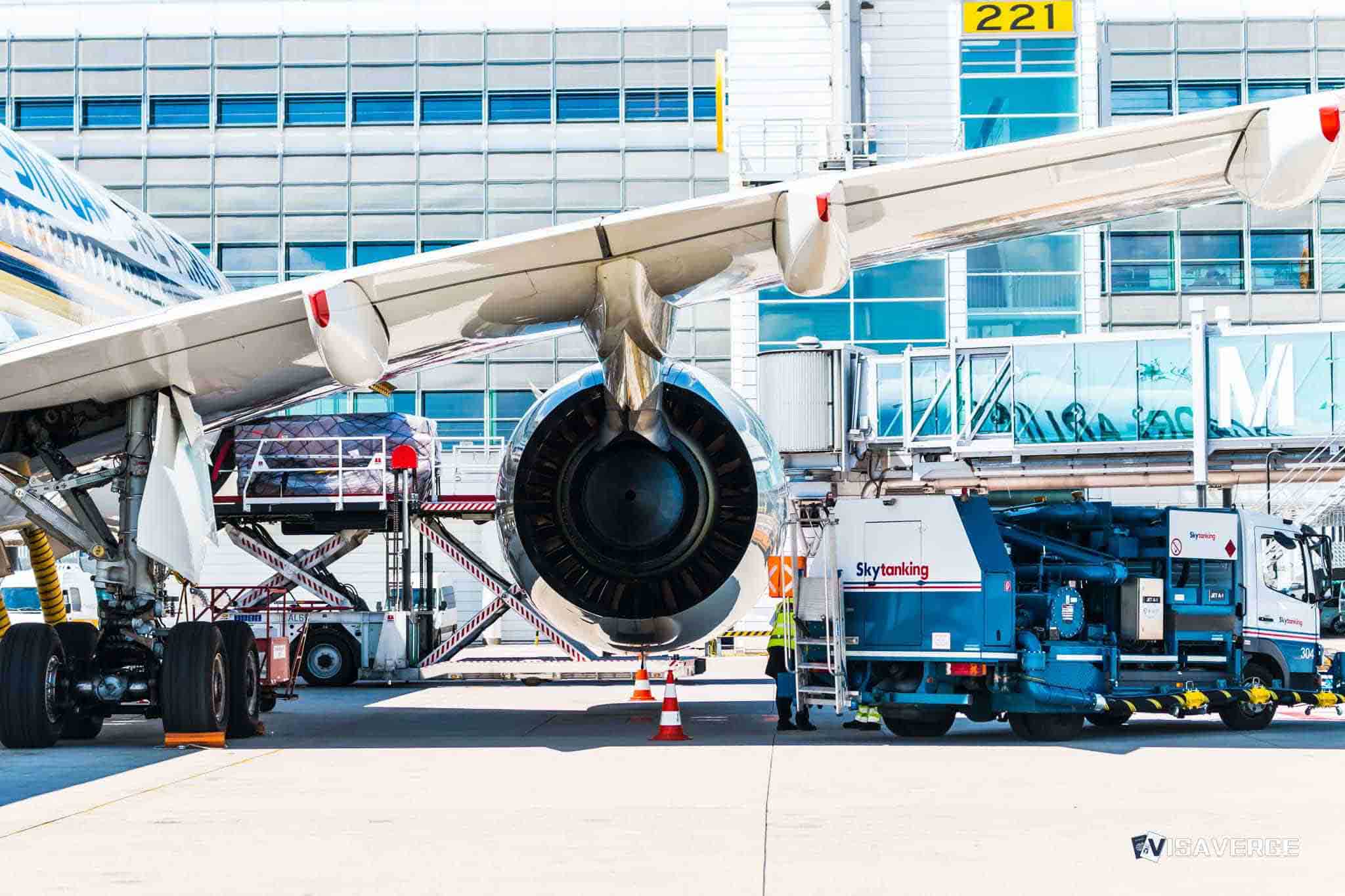(RALEIGH, NORTH CAROLINA) Federal immigration raids in Raleigh began on Tuesday, November 18, 2025, sending a wave of fear through construction sites and residential neighborhoods across the city and raising fresh questions about how far federal agents will go in one of the Southeast’s fastest‑growing urban centers. The operations, carried out by agents from Immigration and Customs Enforcement (ICE) and Customs and Border Protection (CBP), follow a similar surge in Charlotte that led to more than 130 arrests, and they arrive at a moment when Raleigh is relying heavily on immigrant labor to keep major projects on schedule.
Federal officials say the wider operation is aimed at undocumented immigrants, especially those with criminal records, but in Raleigh the impact appears far broader. Community groups and local residents report growing anxiety among both undocumented and legal immigrants who worry they might be targeted based on their appearance, language, or accent rather than any record of wrongdoing.

That fear is especially visible around large work sites, where word of federal immigration raids spreads quickly and can thin out crews within hours.
Construction boom and at‑risk projects
The timing is especially sensitive for some of Raleigh’s largest developments. The city is in the middle of a construction boom, with cranes scattered across the skyline and thousands of new apartments underway.
Two major projects cited in coverage are:
- The Weld — a pair of 20‑story towers near Dix Park planned to hold more than 600 apartments plus mixed uses.
- Rockway — expected to add more than 300 apartments.
Both developments are scheduled for completion in 2025 and depend on a large workforce that includes many immigrants.
So far, no federal agency has publicly linked the current immigration raids in Raleigh to any specific worksite, and there is no official confirmation that The Weld, Rockway, or other named projects have been directly disrupted. Still, developers, contractors, and workers are watching closely as federal vehicles appear around the region.
Even without documented arrests on particular sites, the presence of ICE and CBP in the city — combined with highly publicized operations in Charlotte — is enough to unsettle workers who may already feel exposed.
According to analysis by VisaVerge.com, similar enforcement waves in other parts of the United States 🇺🇸 have often led to short‑term labor shortages and delays when workers stay home out of fear, even if they have legal status.
Immediate community response
At street level, the human response in Raleigh has been immediate.
- Hundreds of residents have taken part in protests, gathering with signs and chanting against the raids.
- Demonstrators demand that families be protected from sudden arrests and removals.
- Protesters express particular concern about parents being taken away from children and long‑time neighbors being removed from communities they helped build.
Organizers stress that many people now afraid to go to work also fill essential roles in the local economy, including:
- construction
- food service
- childcare
- cleaning
Local government and policing stance
City officials have tried to draw a clear line between local responsibilities and federal authority.
- The Raleigh Police Department has said it is not involved in immigration enforcement and does not carry out immigration raids.
- Police leaders say their focus is on public safety, crowd control, and preventing clashes as protests continue.
- At the same time, they are preparing for tensions that federal enforcement can bring, including the possibility of bigger demonstrations and deeper mistrust between immigrant residents and law enforcement.
The broader legal framework and enforcement priorities lie with federal agencies. Information about ICE enforcement priorities and arrest procedures is available on the U.S. Immigration and Customs Enforcement website.
Because enforcement is federally controlled, city leaders have limited power to halt or shape the raids, even as they try to calm concerns locally.
Raleigh officials have emphasized community values and the importance of keeping families safe, while acknowledging they cannot stop federal agents from carrying out orders within the city.
Impact on construction sites and schedules
On construction sites, supervisors face a quieter but very real challenge. Rumors of immigration checkpoints or workplace visits can cause workers to stay away, slowing tasks such as concrete pours and interior finishing.
For tightly scheduled projects like The Weld, a sudden drop in labor can:
- Push back inspections.
- Delay leasing plans.
- Raise costs for developers.
While no company has publicly blamed federal immigration raids for missed deadlines in Raleigh, the fear that workforce instability could ripple into the city’s building calendar is growing among local real estate observers.
Effects on immigrant workers and families
For immigrant workers, choices are often painful and constrained.
- Some without legal status may decide not to show up at all, hoping to remain invisible until enforcement passes.
- Those with legal papers may still avoid public places, worried about being questioned or asked to produce documents.
- Advocates warn this climate can make workers more likely to:
- accept poor treatment,
- skip medical visits,
- avoid reporting wage theft.
Day‑to‑day routines change as families rethink school drop‑offs, grocery trips, and doctor appointments.
Economic ripple effects beyond construction
The economic stakes for Raleigh extend beyond building timelines.
- Many construction workers also rent apartments, shop locally, and pay taxes.
- If enough workers withdraw from daily life, small businesses near construction corridors could suffer revenue loss.
- Landlords filling new units may have to rethink pricing or adjust marketing timelines if projects slow.
Though the situation remains fluid and there is no confirmed slowdown directly tied to these raids, the possibility hangs over a city that has leaned on rapid growth as part of its identity.
Current balance and unanswered questions
For now:
- Federal immigration raids continue.
- Local protests are building.
- Work crews try to keep major projects moving toward 2025 completion dates.
Raleigh is balancing three powerful forces:
- The authority of federal enforcement (ICE/CBP).
- The economic weight of massive developments like The Weld and Rockway.
- The everyday fears of immigrant workers and families who help keep the city running.
How long the current operation will last, and how deep its effects will run through Raleigh’s social and economic fabric, remain unanswered as residents wait for clearer signals from Washington and from the streets outside their doors.
This Article in a Nutshell
Beginning November 18, 2025, ICE and CBP raids in Raleigh have triggered protests and anxiety across construction sites and neighborhoods. Officials say enforcement targets undocumented immigrants with criminal records, but community members report broader impacts on both undocumented and legal workers. Major developments like The Weld and Rockway could face labor shortages or delays if workers avoid sites. Raleigh police emphasize they are not involved in immigration enforcement while city leaders work to protect families and maintain public safety amid uncertainty.








